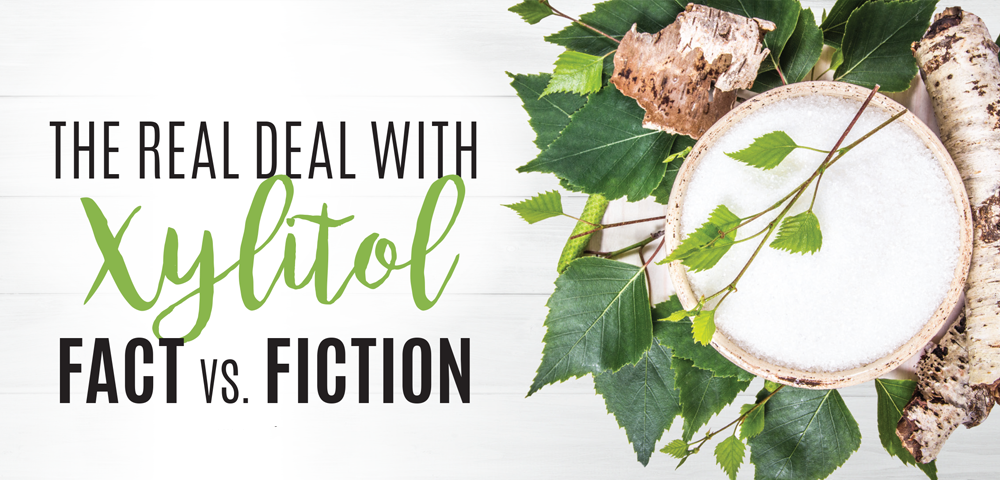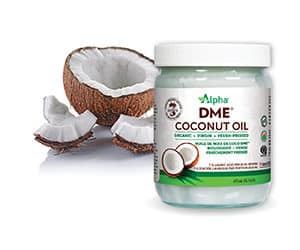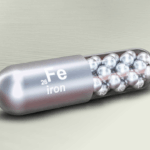
Given the wide usage of xylitol, it is important to understand its safety in the amounts typically consumed in food.
Everyone enjoys a sweet treat now and then. But what if you’re counting calories or carbs and don’t want that sugar fix to derail your efforts? Enter alternative sweeteners. Savvy sweet tooths have long nixed the popular artificial options in the ’80s and ’90s, such as aspartame and saccharin. Instead, the popularity of natural sweeteners like stevia, monk fruit extract, and sugar alcohols (sorbitol, mannitol, etc.) has risen to fill the gap. That is, until a new study threw shade on the latter’s safety.
If you’ve recently heard that xylitol may be harmful to you, you’ll want to know the whole story before you toss out your naturally sugar-free gum or low-carb cookies. A widely publicized study that concluded the popular sugar substitute was unsafe didn’t actually measure participants’ intake of the sweetener.
Published last year in the European Heart Journal, the study measured blood levels of xylitol and tracked the risk of major cardiovascular events over three years. The research linked higher xylitol levels with an increased risk of blood clots and strokes, prompting serious concern about the safety of the widely used sweetener. The major caveat that most consumers didn’t hear about is that researchers used fasting plasma samples, meaning participants hadn’t eaten for at least 12 hours before being tested. The study authors admit in their paper that xylitol from food clears the body in 4–6 hours. This means any xylitol in the test samples came from the subjects’ own production, not their diet. As odd as it sounds, the human body naturally produces xylitol. Most of us make 5–15 g per day. It also occurs in foods such as plums, strawberries, and cauliflower.
The paper concluded that people with higher levels of xylitol are at greater risk of cardiovascular events, but the study did not measure the participants’ intake of xylitol from food. Critics point out that this tells us little to nothing about the safety of xylitol-sweetened treats. There are likely other factors that make some people produce more xylitol and be prone to strokes, such as diabetes or liver disease. The xylitol study resembles a 2023 paper by the same researchers on a different sweetener, erythritol, with similar methods and shortcomings.
Another branch of the study gave participants high amounts of xylitol in a drink and concluded that this made blood more likely to clot, but the amount of xylitol used to produce this effect was many times higher than what is normally present in food. If taken in large amounts, these sweeteners are known to cause loose stools, making their use basically self-limiting. Countless online testimonies of unsuspecting people eating entire bags of sugar-free gummy bears and suffering the consequences drive home this point.
The U.S. FDA has given both erythritol and xylitol the same status: Generally Recognized as Safe (GRAS). Health Canada and the stringent European Food Safety Authority (EFSA) also allow them as sweeteners, and their use dates back 60 years.
Given the wide usage of xylitol, it is important to understand its safety in the amounts typically consumed in food. This alarming study doesn’t add to that knowledge, nor should it be used to justify avoiding xylitol. You can go back to enjoying those gummy bears in moderation.














